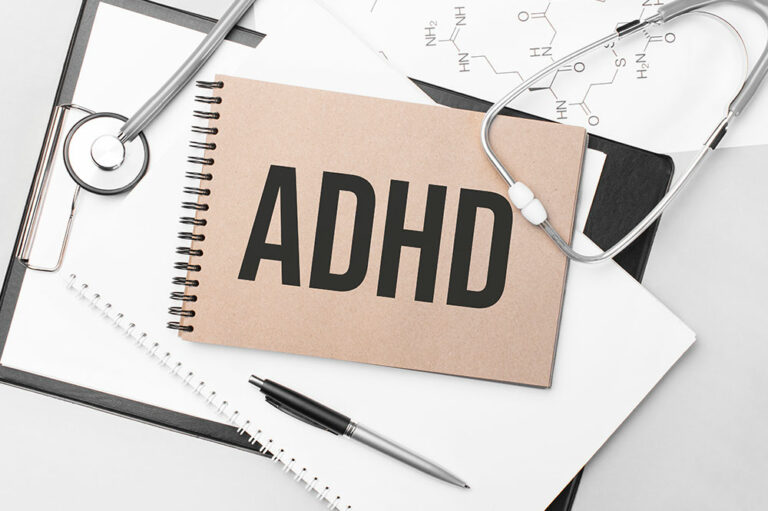
health
Everything you need to know about chronic fatigue syndrome
Chronic fatigue syndrome is a condition that causes extreme tiredness and fatigue that does not go away even after resting. The causes of the condition are yet to be known. However, there are some theories indicate several factors which include: Viral infection Stress Or several factors in unison Once the symptoms are identified and the condition is diagnosed, treatment can be taken to get relief from symptoms. Understanding all aspects of the condition, including its stages, diagnosis, symptoms, and prevention can help in managing it effectively. Different stages and phases of chronic fatigue syndrome The patients of chronic fatigue syndrome undergo four phases of the condition. Their response towards the treatment can also vary greatly depending on the phase that they are going through. These phases are: Phase I: Crisis or trauma Phase II: Stabilization Phase III: Resolution Phase IV: Integration During all the phases, a chronic fatigue syndrome patient undergoes some physical, psychological, and social changes that are easily noticeable. Diagnosis of chronic fatigue syndrome No one test can diagnose a patient with chronic fatigue syndrome. This is because the symptoms of chronic fatigue syndrome resemble several other health conditions. Therefore, a lot of patience is required for the diagnosis of the condition.
Read More 









